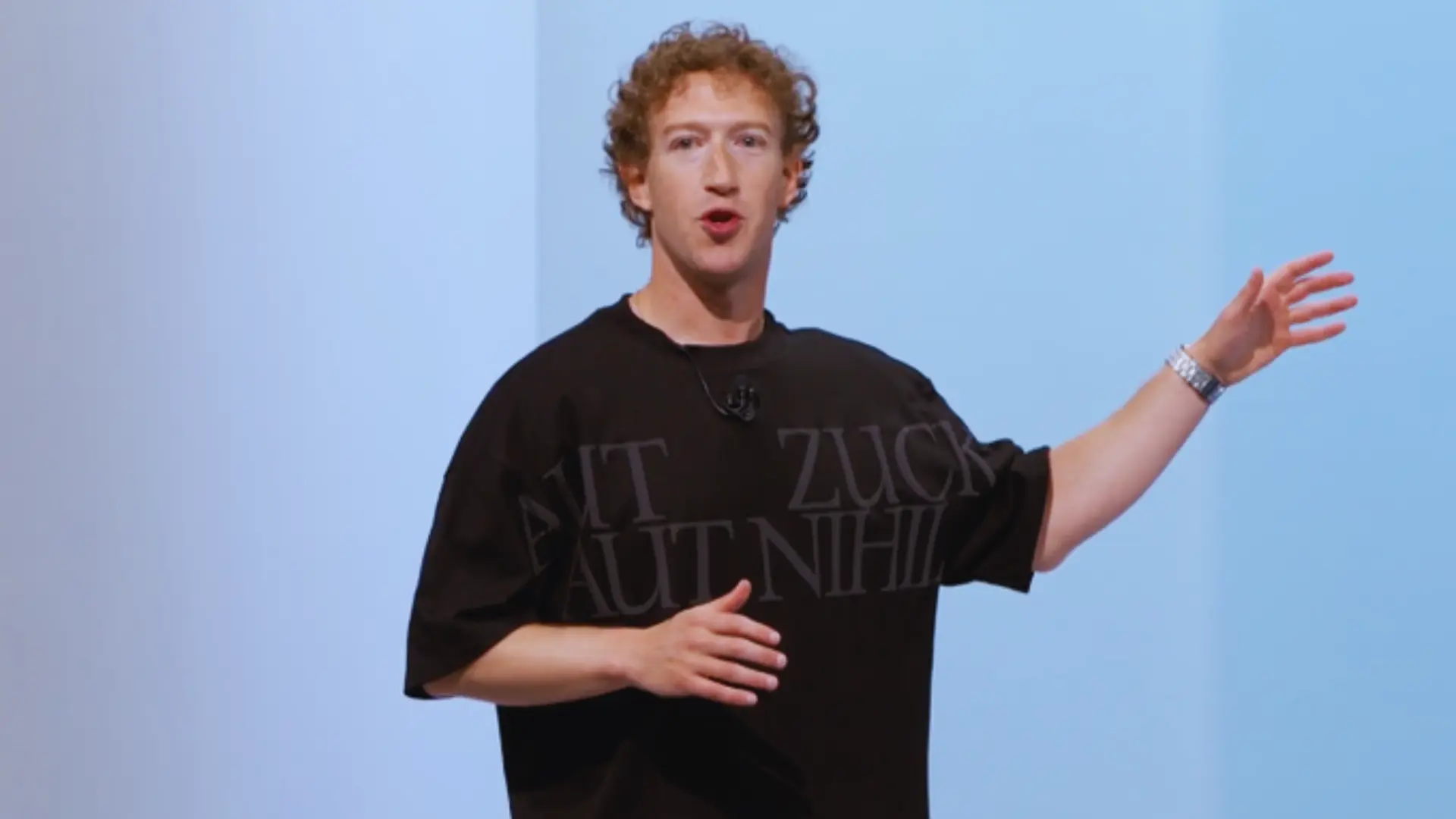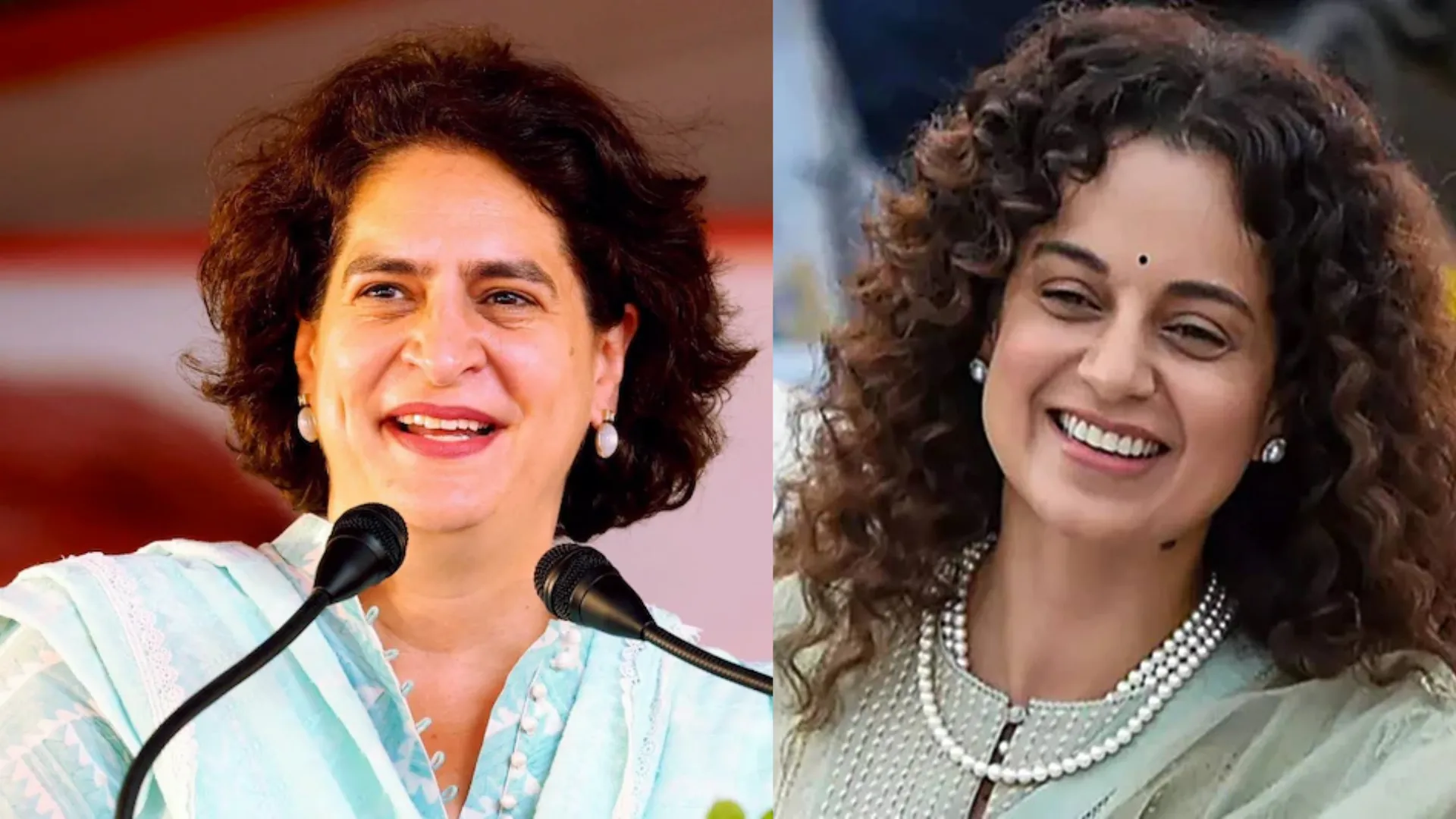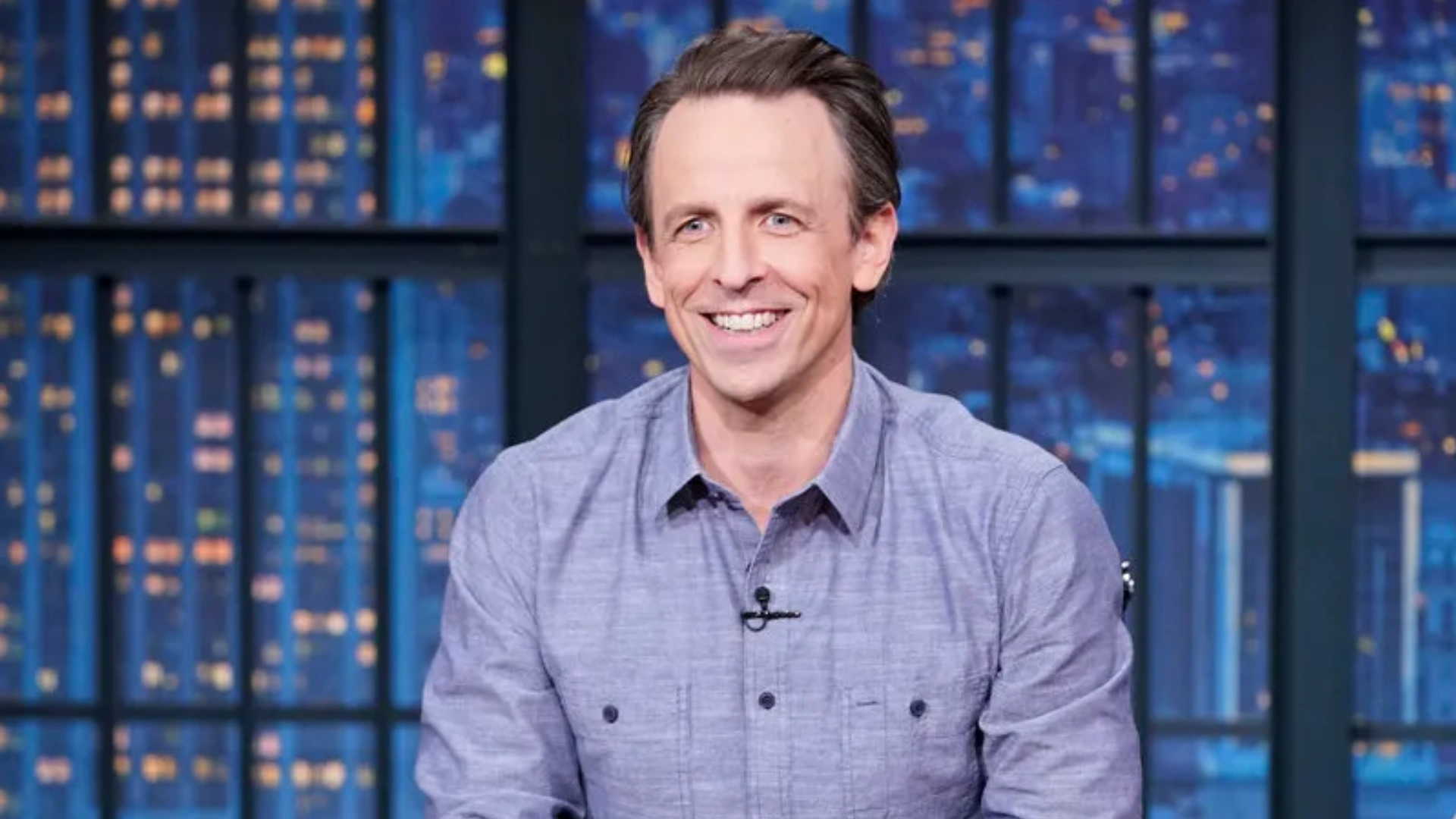The United States has expressed concern over increasing attacks on minorities, especially Hindus, in Bangladesh, emphasizing the need for respect for fundamental freedoms, religious rights, and basic human rights in the country. This call comes at a time when violence against religious minorities, including the Hindu community, has escalated, triggering widespread international attention and protests.
The Strain on Religious Freedom and Human Rights
On Tuesday, US State Department Deputy Spokesperson Vedant Patel reiterated the importance of upholding the rule of law and protecting basic human rights, including religious freedoms, in Bangladesh. Patel’s comments followed reports of increasing violence and discrimination against religious minorities in the country.
“We are consistent with every government in which we have a relationship with. We are clear that there needs to be respect for fundamental freedoms,” Patel stated during a press briefing. “Governments need to respect the rule of law, they need to respect basic human rights as part of that. That’s something we’ll continue to emphasize,” he added.
Patel underscored that peaceful protests should be allowed, but violence and discrimination, especially against religious groups, cannot be tolerated. He further stressed that those detained in connection with protests or unrest must be granted their fundamental rights, including appropriate legal representation and humane treatment.
“We continue to stress and emphasize that even those who are in detention need to be afforded appropriate representation and need to be treated with basic fundamental freedoms and human rights,” Patel asserted.
Recent Attacks on Hindus and Escalating Violence
The situation in Bangladesh has become more tense in recent months, particularly following the rise of attacks against the Hindu minority. A recent incident that highlighted the deteriorating situation was the arrest of Hindu priest Chinmoy Krishna Das on sedition charges. His arrest and the subsequent protests reflect the growing concern over the safety and rights of religious minorities in the country. The Hindu community in Bangladesh has been subjected to violent mob attacks, with reports of temples being vandalized, including a recent incident in Chittagong where a Hindu temple was destroyed by a mob.
Reports from various organizations highlight that violence against Hindus and other minority communities in Bangladesh has surged in the past year. Hindu temples and properties have been targeted by mobs, and there have been cases of physical attacks on individuals, with little to no accountability for those responsible. These attacks have sparked outrage both within Bangladesh and internationally.
Calls for International Action and Protection of Minorities
The situation has drawn significant international attention, with lawmakers, human rights organizations, and the United Nations calling for action to protect religious minorities in Bangladesh. On December 3, Congressman Brad Sherman, a senior US lawmaker, called for the interim government of Bangladesh to fulfill its responsibility to protect the Hindu community.
“Bangladesh’s interim government has an absolute obligation to protect its Hindu minority and meaningfully address the protests of thousands of minority Hindus in outcry over the recent wave of attacks and harassment,” Sherman said in a statement.
Sherman also highlighted the calls from the Bangladesh Hindu Buddhist Christian Unity Council and the UN High Commissioner for Human Rights, Volker Turk, for an investigation into killings and other rights violations that occurred during the violent unrest leading up to and after the ouster of Prime Minister Sheikh Hasina earlier this year.
The unrest followed the political upheaval in Bangladesh, with the fall of Hasina’s government and the rise of an interim government led by Muhammad Yunus. Since the political shift, many in the Hindu community have been protesting, demanding protection from the state and action against perpetrators of violence.
Hindu Community Protests in the US
The discontent among Bangladesh’s Hindu minority has also spilled over to international platforms, with rallies being held in support of the community. Over the weekend, Hindus from Bangladesh organized a rally at the White House, urging the US government to push for the release of priest Chinmoy Krishna Das and for stronger protection of Hindus in Bangladesh. The rally brought attention to the escalating crisis in Bangladesh, where many believe that the government has failed to ensure the safety of minority communities.
“We need action from both the Bangladeshi authorities and the international community,” said a protestor at the rally. “The violence must stop, and the government must ensure the safety of its people, especially the minorities.”
The Role of the International Community
With increasing international pressure, particularly from the United States and human rights organizations, Bangladesh’s interim government faces mounting scrutiny. The international community is calling for a thorough investigation into the violence and for those responsible to be held accountable.
The United Nations and various human rights bodies have voiced concerns over the treatment of minorities in Bangladesh, with particular attention given to the Hindu community, which has faced discrimination, violence, and forced displacement. The UN has called for an independent inquiry into the incidents, and the Bangladesh Hindu Buddhist Christian Unity Council has demanded justice for the victims.
In response, the US has made it clear that it will continue to press for the protection of human rights and fundamental freedoms in Bangladesh. The Biden administration has called on Bangladesh’s leaders to ensure that the rights of all citizens, regardless of their religion, are protected under the law.
Moving Forward: Protecting Minority Rights in Bangladesh
As the situation continues to unfold, the international community is closely watching the actions of Bangladesh’s interim government. The growing concerns over the safety of minorities, especially the Hindu community, highlight the need for more robust measures to protect vulnerable groups in the country.
The United States has emphasized that the protection of religious freedom and human rights must be a priority for all governments, including Bangladesh. For now, the focus remains on ensuring that those responsible for violence against minorities are held accountable and that the rights of all citizens are upheld, regardless of their religious background.
As the world watches, the calls for justice and the protection of minority rights in Bangladesh are expected to grow louder. The need for accountability and an end to violence against minorities is more pressing than ever, and it is hoped that both domestic and international pressure will lead to meaningful change.


















